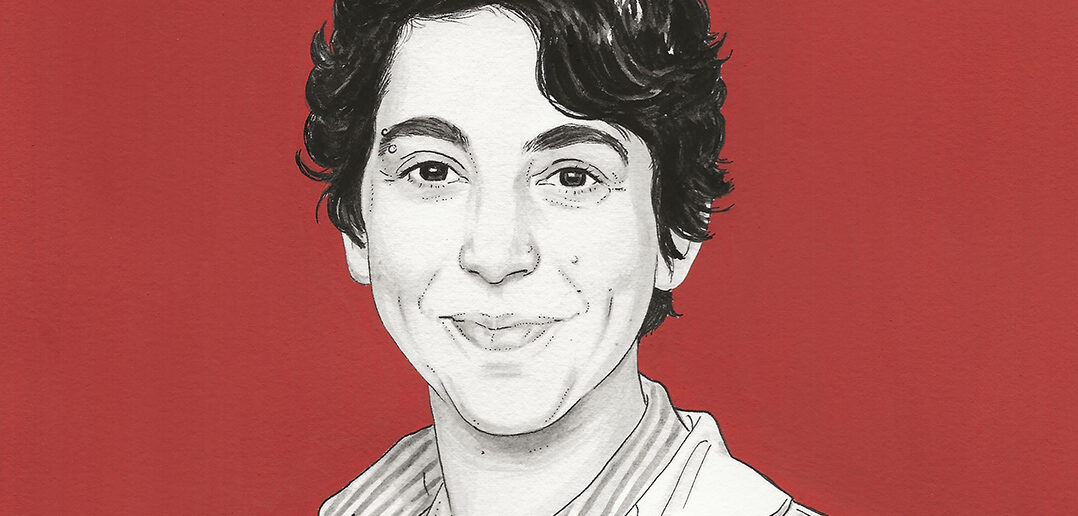Why are overdose deaths surging, and what can we do about it?
COVID-19 wasn’t the only mass killer last year. Deaths from opioid overdoses increased across the country, including Rhode Island, says Elizabeth Samuels RES’16, MD, MPH, MHS, an assistant professor of emergency medicine at Brown and consulting assistant medical director for the Rhode Island Department of Health’s Drug Overdose Prevention Program. Early in the pandemic, she helped set up a hotline so Rhode Islanders with opioid use disorder could access buprenorphine treatment via telehealth.
Overdose deaths started rising in late 2019. During COVID-19, we were all concerned deaths would increase, and they have. It’s like a train that you can see coming at you and you’re doing everything you can to move everyone out of the way. Some of it is people being home alone. Overdose deaths are entirely preventable with prompt administration of naloxone, but there needs to be someone around to give the naloxone. There are also increasingly potent analogs of fentanyl in the drug supply and increasing concurrent stimulant use. People have lost their jobs, resulting in increased economic strain. People are at times scared to call 911 in part due to concern about getting exposed to COVID, but also some people
have had negative experiences with police.
If we’re going to truly change the overdose epidemic in the US, we need to fundamentally change the social conditions that have produced this crisis. We still largely use a criminal justice approach to drug use, not a public health approach that treats addiction as a disease and addresses racial and economic inequities. Rhode Island has done a good job to promote and expand harm reduction and treatment access, but we continue to criminalize drugs, including possession of buprenorphine. We need to decriminalize that. That’s low-hanging fruit.
If we don’t change the economic opportunities, address social inequities, or prevent and help people heal from experiences of trauma, we’re not going to be able to truly alter the overdose crisis. In the nearer term, we can expand street outreach and harm reduction services, expand access to low-barrier treatment options, expand housing assistance, and pursue other evidence-based harm reduction strategies, such as overdose prevention sites.




